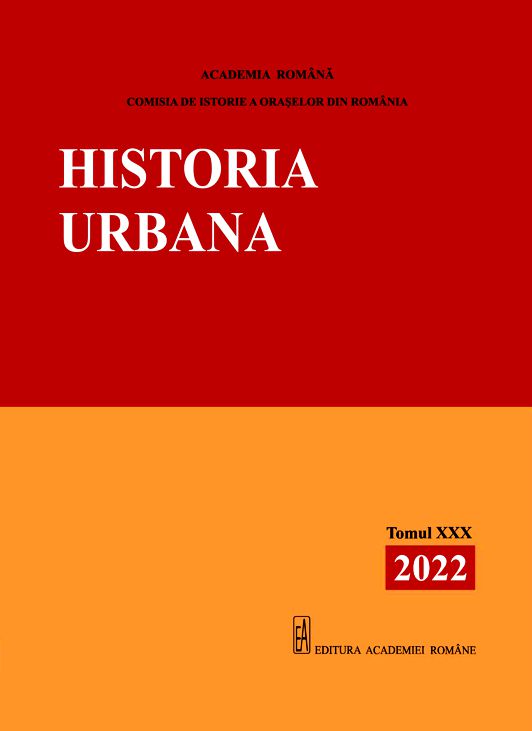Arad – dezindustrializare, reconversie defectuoasă și cu viitor incert
Arad – Deindustrialization, Defective Reconversion with Uncertain Future
Author(s): Teodor Octavian GheorghiuSubject(s): Architecture, Economic history, Local History / Microhistory, Recent History (1900 till today)
Published by: Editura Academiei Române
Keywords: Arad; history of industrialization; deindustrialization; demolition; reconversion; failure;
Summary/Abstract: The process of deindustrialization that started in Western Europe several decades earlier has continued in Eastern Europe in the past decades. The difference lies in the perspectives of this process. Suppose in the West, and the respective industries were transferred, by the big companies, to the east until the Far East (maintaining and amplifying their profits), with conversion programs frequently taking place at the original locations in Eastern Europe. In that case, the respective industries are ultimately shut down, the possible refurbishments being long delayed or problematic as goals, projects or practical solutions.In this article, I will try to evoke how the demolition and/or reconversion of some of Arad’s big or small industries took place. Some industries still exist physically, but most are demolished or ruined. Through demolition, they have become either long-abandoned large wastelands or vacant land on which unsustainable real estate development has occurred, mixing diverse dwellings with office buildings, services and Mall-type commerce. Suppose the Neumann Brothers’ Wagon Company and Yeast Factory continue to exist. In that case, almost entirely, “awaiting strategic” decisions for economic integration or rehabilitation of preserved buildings (the premises being classified mainly as “historical monuments”), greenhouses, textile industries, sugar, furniture, watches industries etc. etc., were completely demolished or ruined, becoming land for new investments. Moreover, there are already abandonments of some supermarkets (Praktiker, Galleria) or “tired” functioning of others who lose or have lost their customers (even before the pandemic). For them, however, the major danger comes from “online” commerce, which tends to replace, on a global scale, in a reasonably short time, the “supermarket” or “mall”, which have largely replaced “retail” in the central areas of the city. As a result, a chain of urban failures is unfolding; the city will lose (if the process continues) both the historical centres and the new supermarkets and malls, which will become huge wastelands very well equipped.
Journal: Historia Urbana
- Issue Year: XXX/2022
- Issue No: 30
- Page Range: 91-114
- Page Count: 24
- Language: Romanian
- Content File-PDF

